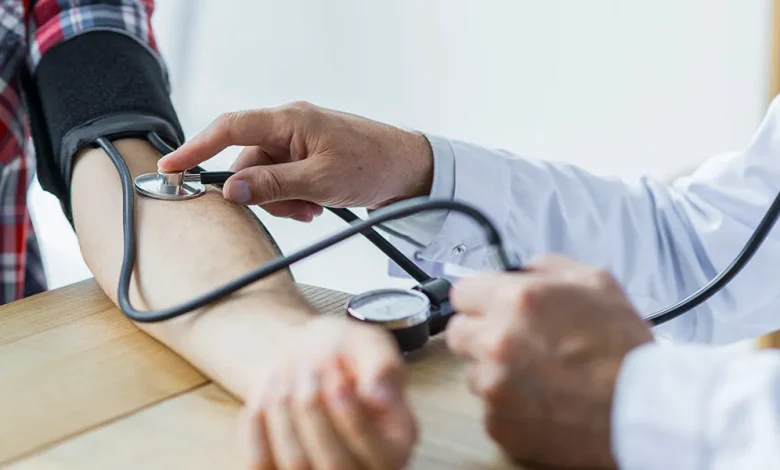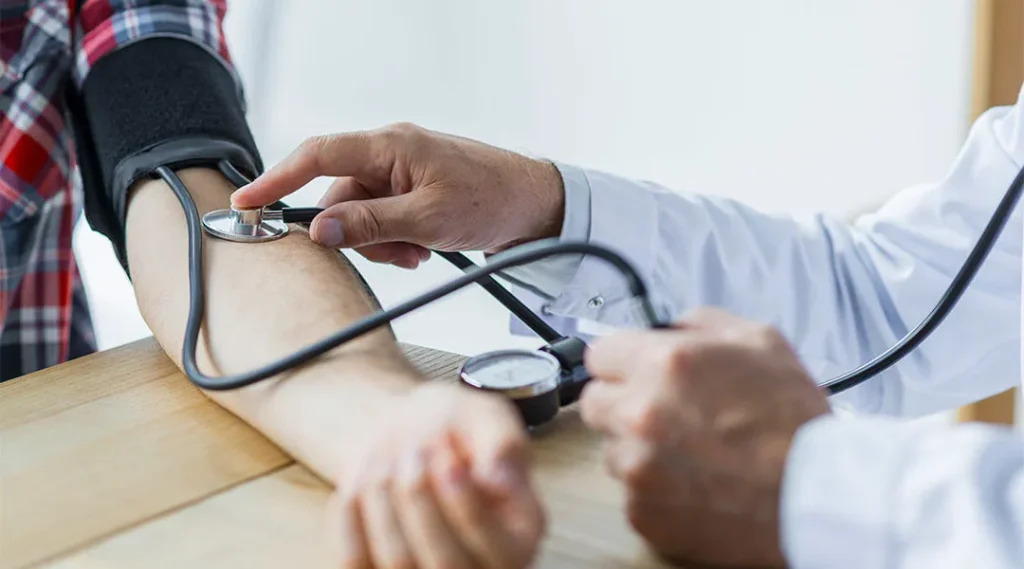The Importance of Regular Check-Ups for Preventing Illness

Frequent medical examinations are essential for preserving general health and preventing diseases. Healthcare providers can identify any health problems early, even before symptoms show up, thanks to these routine checkups. Better results and more successful therapy are frequently the results of early detection.
Frequent screenings support healthy lifestyle modifications, guarantee that immunizations are current, and monitor chronic illnesses. They also provide you a chance to talk to your doctor about any worries you may have, which promotes proactive treatment.
1. List of Major and Minor Critical Illnesses
Critical illnesses can be broadly categorized into major and minor categories.
Major critical illnesses
life-threatening conditions like heart attack, stroke, cancer, kidney failure, major organ transplant, paralysis, coma, multiple sclerosis, Alzheimer’s disease, Parkinson’s disease, major burns, and loss of independence.
less severe
conditions like angioplasty, early-stage cancer, brain aneurysm surgery, and severe osteoporosis. It’s important to note that specific definitions and coverage for these illnesses can vary between insurance providers.

2. Importance of Regular Health Check
- Early Health Problem Identification: Frequent examinations aid in the early detection of possible health problems, even before symptoms manifest. This makes prompt intervention and therapy possible, which frequently increases the likelihood of positive results.
- Keeping an eye on chronic conditions: Regular check-ups are essential for managing and tracking the development of people with chronic disorders like diabetes, hypertension, or asthma, as well as for minimizing complications.
- Preventing Diseases: Routine screenings and tests can detect conditions such as cancer, heart disease, and kidney dysfunction at an early stage, allowing for preventive measures and lifestyle changes.
- Lowers the Chance of Treatment Problems: prompt identification and action reduce the chance of treatment problems, increasing treatment effectiveness and improving patient outcomes.
- Enhances Life Expectancy: Proactive health management and routine examinations help people live longer, healthier lives, allowing them to experience years of improved quality of life.
- Stay Up to Date on Emerging Medical Technologies or Developments: Frequent engagement with medical professionals during examinations enables people to remain up to date on developments in medical science, enabling them to make knowledgeable decisions regarding their health.
3. Regular health checks for adults
Monitoring of Blood Pressure
Blood pressure checks should be performed on adults at least once a year. Heart disease, stroke, and kidney issues can all be brought on by high blood pressure.
Screening for cholesterol
Every four to six years, anyone over 20 should have their cholesterol levels checked. One important risk factor for heart disease is high cholesterol.
Levels of Blood Sugar
Blood sugar testing aids in the early detection of diabetes symptoms. This check should be performed at least every three years for adults 45 and older, or more frequently if they are at risk.
Screenings for Cancer
- Breast Cancer: Beginning at age 40, women should undergo routine mammograms.
- Cervical Cancer: Beginning at age 21, women should get Pap smears every three years.
- Colorectal Cancer: Every ten years or as directed by a physician, adults over 50 should have colonoscopies to screen for colorectal cancer.
4. Why should one buy a critical illness benefit?
Purchasing a critical sickness benefit is a smart move since it offers vital financial security in the case of a major illness. Because of the lengthy treatment and recuperation periods, critical illnesses, including cancer, heart attacks, and strokes, can result in a loss of income in addition to expensive medical costs.
This benefit provides a lump-sum payment to assist with everyday living expenditures, medical bills, and other recovery-related costs. By covering costs that may not be fully covered, such as missed wages or in-home care, it supplements standard health insurance. Furthermore, having financial support will ease your mind and lower your stress levels, enabling you to concentrate on your recuperation.
Conclusion
To sum up, routine examinations are an essential investment in your long-term health and welfare. 1 You may greatly lower your chance of contracting major illnesses, identify any health issues early, and enhance your general quality of life by making preventative care a priority. 2. Recall that the secret to a healthier future is a proactive approach to healthcare.
By making these meetings a priority, people set the path to a happier, healthier life, armed with the information and tools necessary to confidently negotiate the challenges of health.
FAQs
1. how often should chack up
Age, lifestyle, and risk factors all affect how frequently people should get health checkups. Adults should typically get checked out every one to two years. A checkup every two to three years is adequate for people under 30, but yearly checkups may be beneficial for those between the ages of thirty and forty.
It is advised to get yearly checkups after the age of 40 in order to monitor chronic illnesses and get the required screenings. For tailored advice depending on your health status and family history, it’s crucial to speak with a healthcare professional.
2. What are the benefits of regular check-ups?
Enhance General Health By spotting and treating medical problems early.By controlling and preventing chronic illnesses, life expectancy can be increased. Preventing catastrophic illnesses that necessitate expensive treatments can help lower healthcare costs. Improve Quality of Life: By encouraging mental and physical health.
3. What tests are commonly included in preventive health check-ups?
A variety of tests, including blood sugar, kidney, liver, lipid profile, eye, thyroid, and more, are typically included in a preventive health checkup.
4. How can regular check-ups save money in the long run?
By identifying health problems early on, before they worsen and become more expensive to cure, routine checkups can ultimately save money. By preventing costly hospital stays, surgeries, and long-term medication, preventive care and early treatment are usually less expensive than controlling severe diseases.



